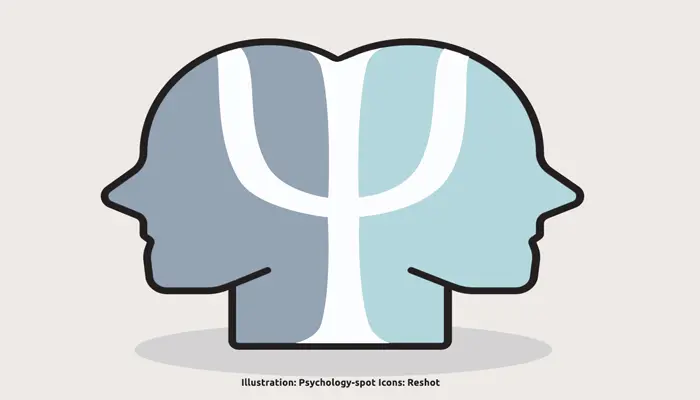
Every day we are faced with an enormous flow of information, to the point that it can become chaotic and contradictory. We are also forced to make dozens of decisions, often without being completely sure of the results. However, while we are constantly steeped in uncertainty, we tend to have a deep aversion to insecurity and want to reduce it by all means.
Our obsession with security and fear of uncertainty are such that a very curious study conducted at University College London revealed that people are calmer and less agitated when they know in advance they will receive an electric shock. Their anxiety increases when they know that there is only 50% of chances to receive the electric shock. And it is that many times we prefer the misery of certainty to the probability that uncertainty contains.
How to deal with different types of uncertainty?
We are used to talk about uncertainty in capitals and singular, but psychologist Paul K. J. Han has listed three types of uncertainty. Given that uncertainty is part of life and, no matter how hard we try we cannot eradicate it, it is better that we know it thoroughly since different types of uncertainty demand different coping strategies.
1. Uncertainty due to probability
This type of uncertainty refers to those situations in which it is difficult or practically impossible to determine the level of risk. We do not know what will happen and neither do we know how likely it is to obtain certain results if we make one or the other decision. It is a situation in which many of the variables that intervene and determine the final results are beyond our control.
In this scenario we tend to develop an optimistic bias. We think that we are less at risk than others, that we are less likely to become ill or suffer a negative event. Therefore, before making any decision, we must ensure that we also contemplate the worst-case scenarios. It is not being pessimistic, it is looking at life objectively and contemplating as many scenarios as possible.
The second step is to learn to flow. When we do not know the probabilities we must open ourselves to the possibility that everything can happen. Therefore, we need to prepare for everything and be willing to adapt flexibly to what happens.
2. Uncertainty due to ambiguity
Uncertainty due to ambiguity refers to those situations in which we must make decisions, but we only have imprecise, insufficient or contradictory informations. As a result, the data we have at our disposal are not enough to make an informed decision. We oscillate between two antagonistic directions because we lack decisive data.
To deal with this type of uncertainty, we must start from the recognition that many of the situations we will face have a high degree of ambiguity. Every decision implies a gain, but also a loss. Therefore, we must get used to the idea that we cannot win everything, nor can we always win.
In these cases, it is important to review our sources of information as some are likely to be more reliable than others. It is not the same to witness something than someone tells you. It is also not the same as told by a trusted person than an acquaintance. To clear uncertainty, it is usually sufficient to clarify the information to which we will give relevance according to our objectives.
3. Uncertainty due to complexity
This type of uncertainty occurs when a problem is difficult to understand, either because it is a new situation or because we lack experience. When we cannot understand what is happening we feel even more disoriented and scared, so the first step from the cognitive point of view is to try to tie the dots.
Sometimes it may be enough to ask for advice a person outside the situation, who can see it from a more detached perspective. Other times we need to take a psychological distance from what is happening, which means emotionally disconnecting from the problem and taking time before deciding.
In other cases we need to investigate further, delve into the causes of the problem and discover its ramifications in order to understand what is happening. However, we must keep in mind that we cannot always remove the veil of ambiguity, so sometimes we only need to look for inner information, connect with our intuition and use logic to make the best decision.
In any case, whatever type of uncertainty it may be, it is worth remembering the words of the poet Rainer Maria Rilke:
“Be patient toward all that is unsolved in your heart and to try to love the questions themselves like locked rooms and like books that are written in a very foreign language.
“Do not now seek the answers, which cannot be given you because you would would not be able to live them. And the point is to live everything. Live the questions now. Perhaps then, someday far in the future, you will gradually, without even noticing it, live your way into the answer.”
After all, life is not a problem to solve but a reality to experience. And uncertainty is part of it.
Sources:
Berker, A. et. Al. (2016) Computations of uncertainty mediate acute stress responses in humans. Nature Communications; 7: 10996.
Han, P. et. Al. (2011) Varieties of Uncertainty in Health Care: A Conceptual Taxonomy. Medical Decision Making; 31(6): 828-838.



